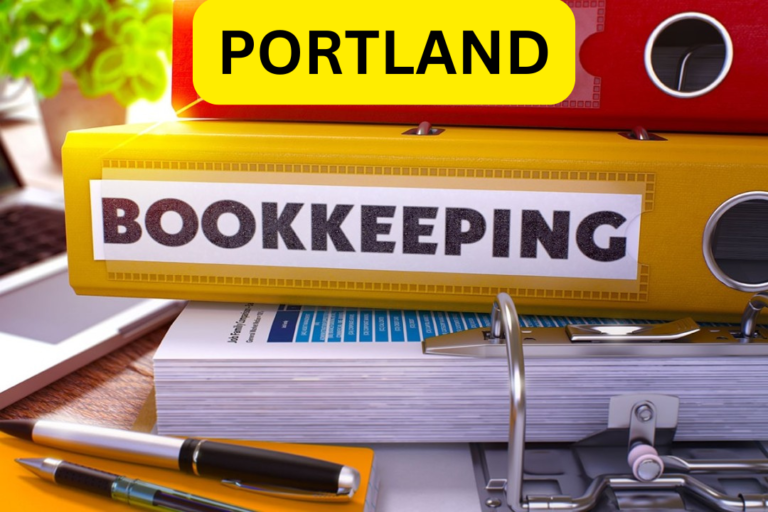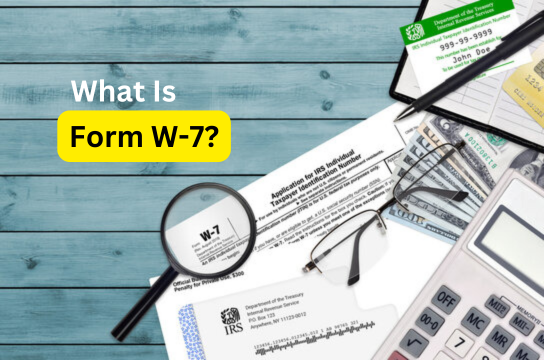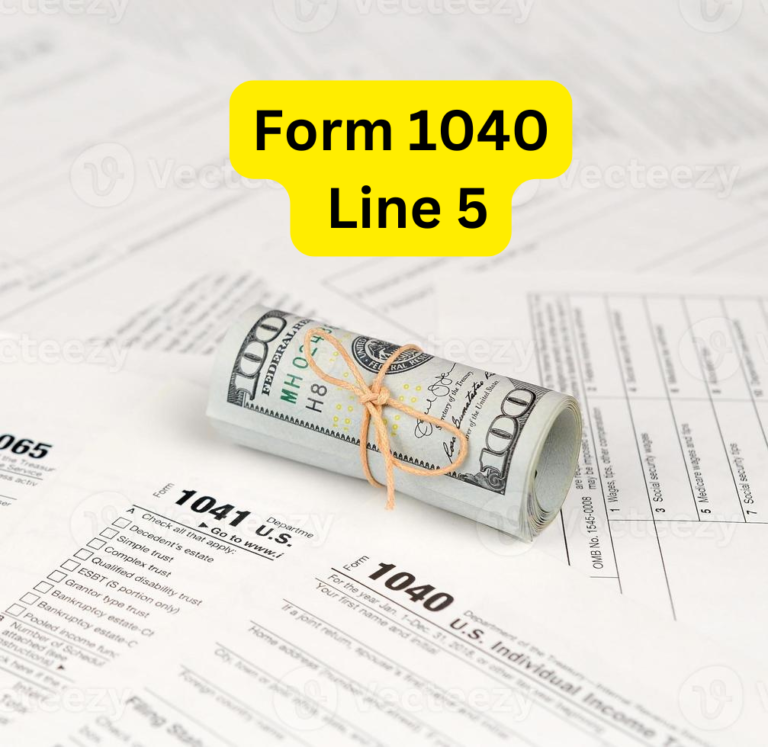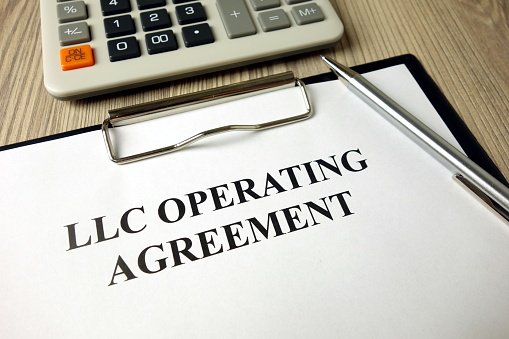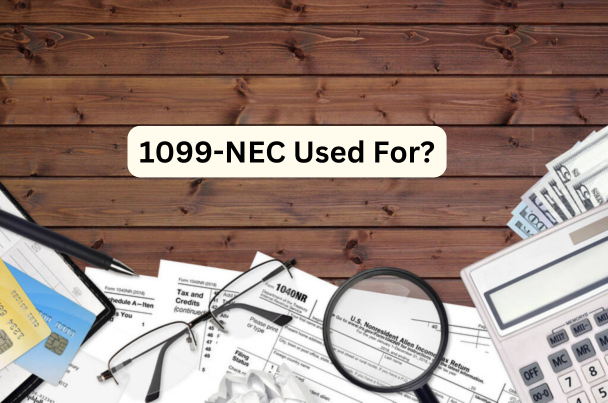Business Income and Expense Tracker

Small Business Income and Expense Tracking in the U.S. for 2025
Overview
Tax season is fast approaching, and now is the ideal time to organize your business income and expense tracker records for the year. Keeping track of every expense and income source—whether it’s invoices, receipts, bank statements, or even small cash purchases—can make a significant difference in your tax preparation process.
Whether you’re an experienced business owner who keeps a detailed business income and expense tracker or someone who has let things slip through the cracks, staying on top of your financial tracking will save you time, stress, and potentially money in the form of tax deductions. Here’s everything you need to know about using a business income and expense tracker in the U.S. in 2025.
What Counts as a Business Expense?
If you’re new to business ownership, you may be surprised by how quickly expenses add up. Costs like payroll and utilities are usually easy to anticipate, but other costs—such as one-time purchases or seasonal expenses—may vary.
The IRS differentiates between two main types of costs: purchases and expenses, each of which should be tracked separately.
- Purchase: This is an item you buy specifically to resell or use in the creation of a product, like raw materials or wholesale items.
- Expense: Any “ordinary and necessary” costs to run your business, such as office supplies, insurance, and certain travel expenses.
Remember: Most business expenses are tax-deductible, so understanding the difference between purchases and expenses is key to maximizing your deductions. Below are a few common examples of deductible expenses for small businesses:
- Travel: Lodging and meals are deductible for certain professionals, like long-haul truck drivers.
- Taxes: Certain types of taxes, such as property taxes on rental properties, are deductible for business owners.
- Office Supplies: Items used solely for business, from pens to printers, can be claimed as business expenses.
- Insurance: For freelancers who pay for their own health plans, this expense may also be deductible.
Why Tracking Income and Expenses is Important?
Maintaining detailed records of income and expenses is not only vital for tax purposes but also beneficial for budgeting and managing cash flow. Here’s why keeping an organized small business income and expense tracker is essential:
- Identify Credits and Deductions: Missed deductions can cost you money. By keeping daily income and expense records, you can ensure no credits or deductions slip through the cracks.
- Spot Budgeting Issues Early: A tracking system helps you analyze where your money is going and identify areas where you might reduce spending.
- Prepare for an Audit: Detailed financial records simplify the process of dealing with an IRS audit, should one arise.
Simple Steps to Efficient Small Business Expense Tracking
Using a small business income and expense tracker effectively is all about consistency and organization. Here are four steps to get started:
1.Familiarize Yourself with Key Tax Forms
For small businesses in the U.S., understanding tax forms like the 1099 is crucial. If you work with independent contractors, you’ll need to file 1099-MISC forms. Using a 1099 expense tracker can help ensure that these payments are properly documented for tax time.
2.Establish an Organized System for Record-Keeping
Choose a bookkeeping method that works for you—whether it’s digital accounting software, a spreadsheet, or even paper receipts. Divide expenses into categories like payroll, insurance, and utilities, to make them easy to locate during tax season.
3.Audit Your Current Expenses
Take a close look at all your current expenses to see what’s recurring, what’s necessary, and what might be reduced. Regular audits help streamline your budget and reveal areas where you can cut costs.
4.Consult with a Professional Bookkeeper
As a small business owner, handling everything yourself can be overwhelming. Professional bookkeeping services can help streamline your income and expense tracking and provide valuable insights into managing your business finances.
Seek Professional Assistance for Your Tax Prep Needs
Navigating the difficulties of tax deductions, credits, and reporting requirements can be overwhelming, especially when you’re managing a growing business. Instead of juggling it all, consider consulting a tax advisor or professional bookkeeping service to ensure your financial records are accurate and optimized for tax season.
The right partner can provide ongoing support with payroll management, tax advisory services, audit defense, and other essentials to keep your business organized year-round.
Take control of your small business finances in 2025?
Take the benefits of a professional small business income and expense tracker to keep your records efficient and compliant with IRS guidelines. For a deeper dive into managing your small business expenses, contact a bookkeeping expert today and make your tax season stress-free.

